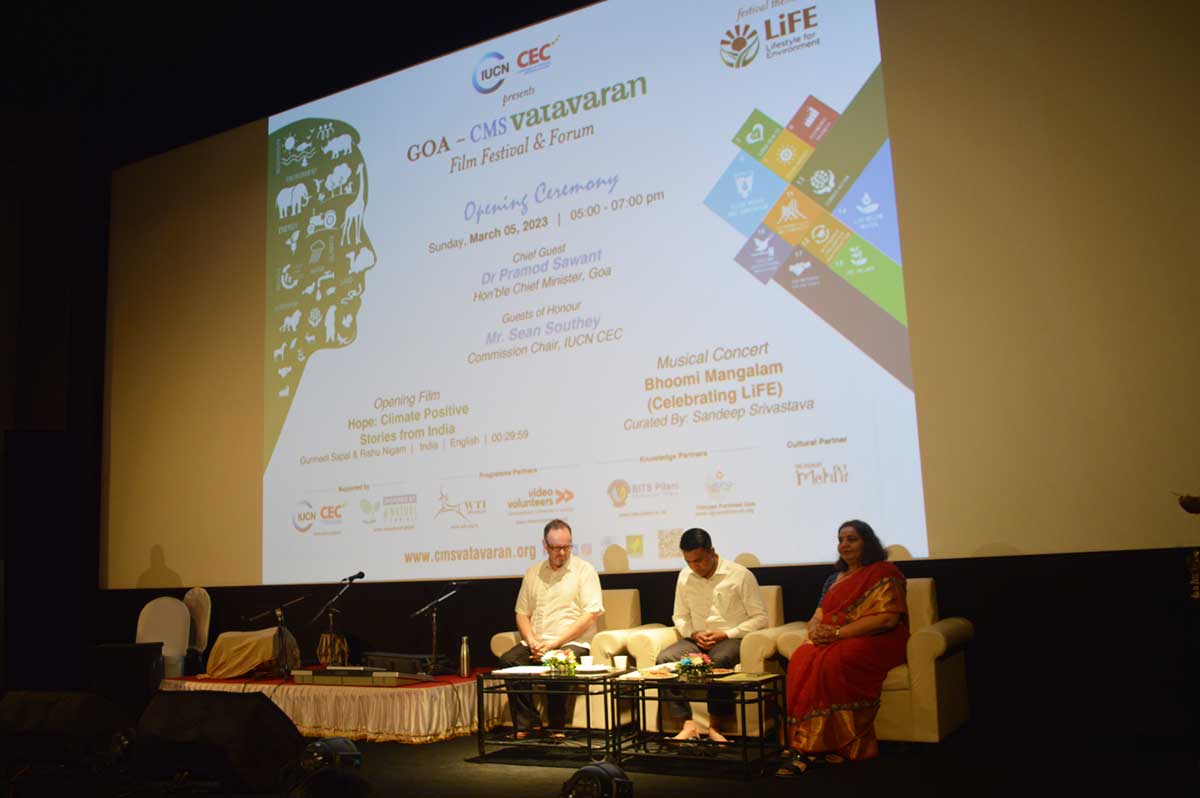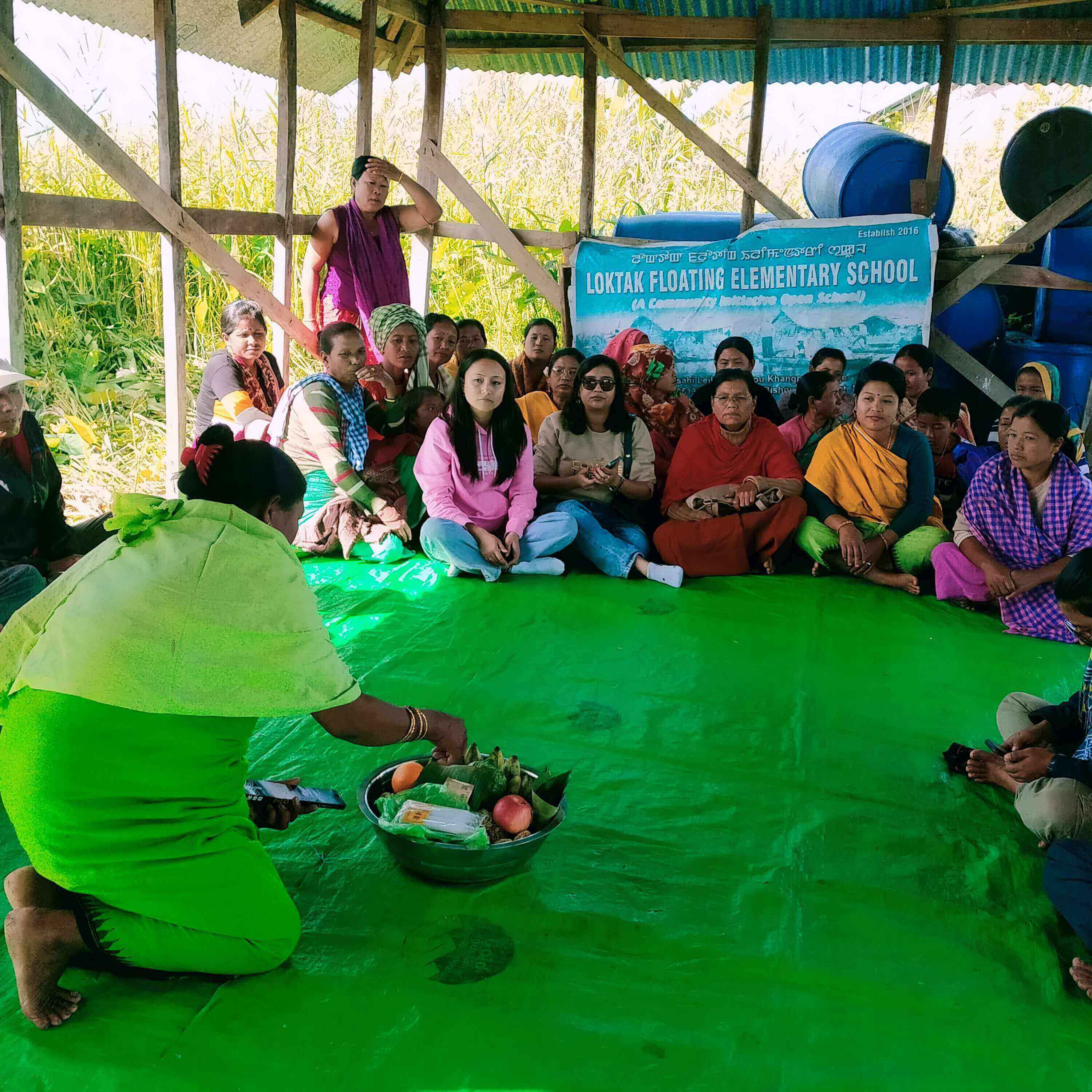Youth Climate Conclave (YCC): Youth’s Commitment to Promote ‘Sustainable Lifestyle’
Ms. Monmi Barua, Associate Fellow, Environment Education Awareness (EEA), TERI; Dr. Livleen K Kahlon, Associate Director and Senior Fellow, EEA, TERI; Ms. Taru Mehta, Area Convener and Fellow, EEA, TERI
Youth have a critical role in combating climate change. The aim of Youth Climate Conclave (YCC) is to engage youth in a positive and proactive way in science-based discussions on relevant climate change issues, and in the process identify opportunities for youth & governments to drive joint action to fulfill the climate change agenda. YCC has implemented four editions since 2019, and in the upcoming phases we strive to reach out to young stakeholders with the goal of strengthening abilities related to critical thinking, creativity, scientific understanding, communication, multilingualism, and digital literacy.
In today's growing and progressive young world, one in every six people is between the ages of 15 and 24. It is vital to engage the younger generation and guide them on a path of learning about climate change, resulting in a paradigm shift in their behaviour. To match India's commitment to addressing climate change, we must endeavour to promote sustainable lifestyles, climate justice, and low carbon emission pathways. A citizen-centric approach to combating climate change will also encourage behavioural changes that are in sync with the planet and resonate with eco-friendly lifestyles.
Since 2019, the ‘Youth Climate Conclave’ (YCC) has been successfully implemented for youth in two age categories: 10-18 years and 19-25 years, and will hopefully be continued in the coming years.
YCC consists of competitions (photography, blogging, and short video) for action-oriented youth engagement, followed by capacity building on issues related to the science of climate change, impacts and possible solutions, international negotiations, and national policies, both in the area of mitigation and adaptation.
The key outcomes include the presentation of Youth Outcome Documents, ‘Youth Declaration on Climate Action’ and ‘Youth Pledge’, at international platforms with a special Youth Plenary at the World Sustainable Development Summit (2020- 2023), and Adaptation Futures 2020. Other milestones were three in-person sessions, firstly on ‘Youth for a Greener Future’ organised in honour of a visit of HE Ursula Von der Leyen, President of the European Commission, in April 2022; secondly the session on ‘Youth, Science and Climate Action’ with HE Mr. Frans Timmermans, European Commission Executive Vice-President for the European Green Deal, in October 2021. Lastly, the recently held evening session on ‘Generation Green: Promoting Sustainable Lifestyles for Youth, by Youth’ which was organised in honour of HE Mr. Virginijus Sinkevičius, Commissioner for Environment, Oceans and Fisheries, European Commission on July 26, 2023.
In 2023, two official photo exhibitions were organised at the Italian Cultural Centre, Delhi followed by Museo Camera, Gurgaon showcasing the winning photos of the YCC photo competition. YCC was also selected as one of the 70 projects which was showcased in the fifth edition of the Paris Peace Forum in Paris, 2022.
The YCC involved 80 high-level experts; showcased Eco-club activities of 8 State Nodal Agencies; provided a platform to 74 youth leaders as interviewers, debaters, and speakers, and trained and engaged around 7500 youth directly on the important issue of climate change. Other highlights included publishing a monograph titled, ‘Young Voices for the Planet’ which was launched, putting together the winning blogs and photographs thereby providing an ideal opportunity to raise their voices, and winning photographs were also featured in the YCC annual calendars to showcase their creativity.
YCC is supported by major players, including the Delegation of the European Union to India, the Ministry of Environment, Forest and Climate Change, the Government of India, and UNICEF. Activities under this national project were spearheaded by TERI, and supported by several agencies including GIZ, and CEEW.



